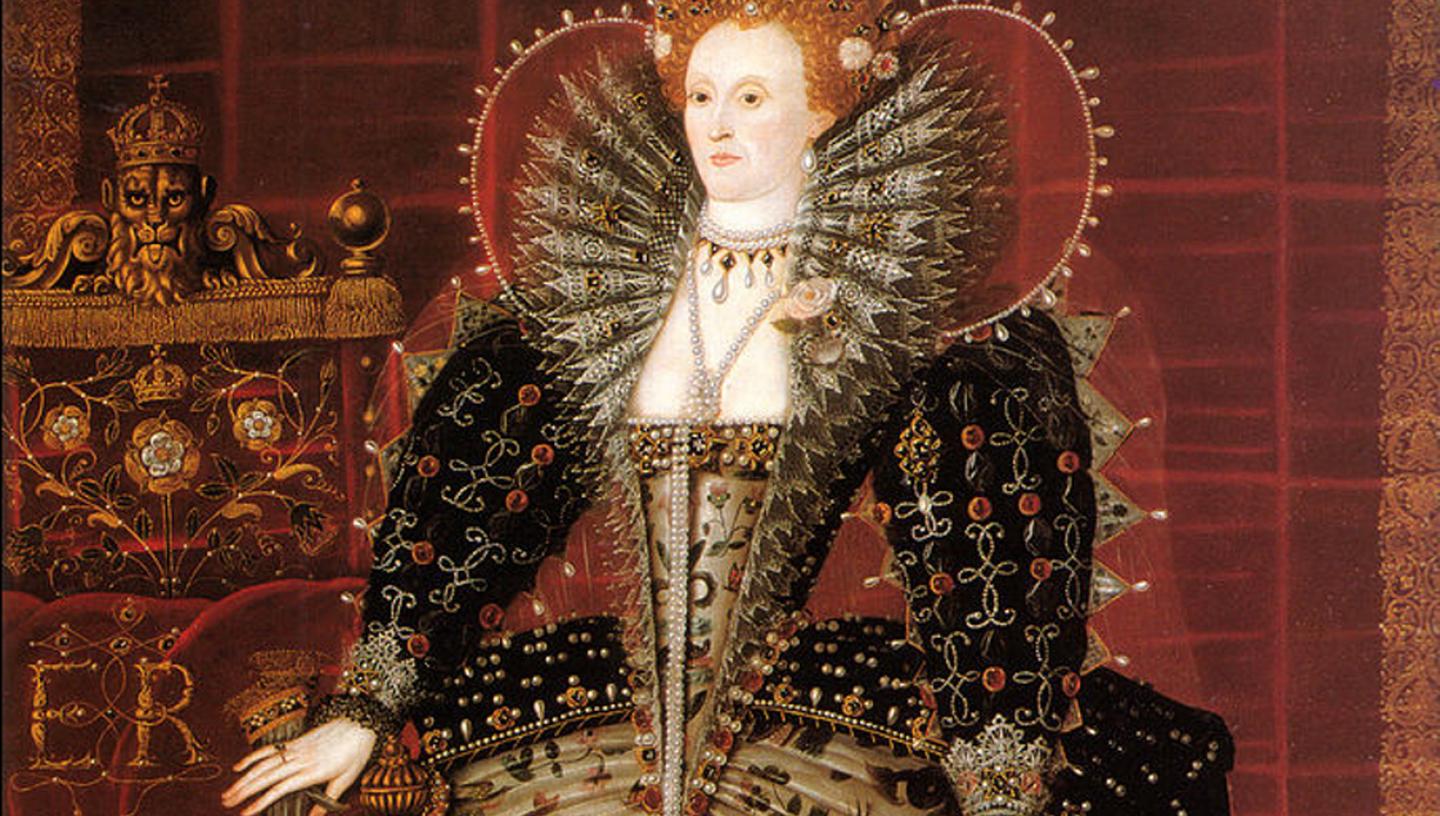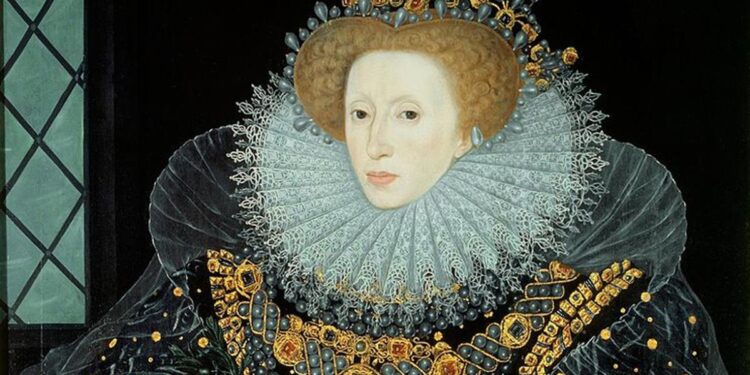Introduction
Elizabethan Age Duration In The English Literature The years from 1558 and 1603, when Queen Elizabeth I ruled England, are known as the Elizabethan Age. Many people consider it to be one of the most notable eras in English literary history.
Dramatic, poetic, and prose works flourished during this period, which is frequently referred to as the Golden Age of English literature. These works have had a lasting impact on the world. The English Renaissance was characterized by an unparalleled cultural output, with writers and playwrights of the era producing some of the most renowned works in the English language.
English play, which was both a reflection and a catalyst of the social, cultural, and political currents of the day, is particularly well-known for its development during the Elizabethan Age.
Even today, many people study, perform, and appreciate great plays like those by Ben Jonson, Christopher Marlowe, and William Shakespeare. Along with the emergence of English literary criticism, this century saw the production of significant poetry by authors like Sir Philip Sidney and Edmund Spenser.
It is impossible to overestimate the Elizabethan Age’s lasting influence. With developments in language, style, and form that are still evident in the writings of contemporary authors, it stands as the height of artistic achievement.
The literature of the era offered profound insights into ambition, fate, love, power, and other basic human issues in addition to providing entertainment. This remarkable age of literary history was fostered in large part by Queen Elizabeth I’s role, the political climate of the century, and the invention of the printing press.
Duration of the Elizabethan Age
The Elizabethan Age corresponds with the reign of Queen Elizabeth I, from 1558 to 1603, though some scholars might slightly adjust the boundaries based on the political, cultural, and literary developments of the time. The period spans 45 years, during which England underwent significant changes, both politically and socially.
1 Queen Elizabeth I’s reign: Queen Elizabeth was crowned in 1558 and ruled until her death in 1603. Her reign, often called the Golden Age, was marked by relative political stability, which allowed the arts to flourish. The era is also often identified with the peak of English Renaissance culture, where a rebirth of learning, art, and exploration brought the country to the forefront of European intellectual and cultural life.
Read more
2 The Renaissance Influence: The Elizabethan Age was part of the broader Renaissance movement, which began in Italy in the 14th century and spread to other parts of Europe. It represented a revival of classical learning, particularly Greek and Roman literature and philosophy, as well as a greater appreciation for humanism, scientific discovery, and exploration.
Elizabethan Age Duration In The English Literature In England, this period saw the translation of classical texts, the development of new artistic forms, and the establishment of national identity.
3 Political and Social Context: Queen Elizabeth I’s reign was marked by relatively stable governance, which allowed for the flourishing of arts and letters. Her government resisted foreign threats, including the Spanish Armada of 1588, and presided over the expansion of the English Empire.
This stability contrasted with the turbulence of previous reigns, such as that of her sister, Queen Mary I, and provided fertile ground for artistic and intellectual developments. The arts were seen as a reflection of national pride, helping to solidify England’s status as a leading power in Europe.

Key Writers of the Elizabethan Age
The Elizabethan Age was characterized by a wealth of literary figures whose works have become cornerstones of English literature. Among these, William Shakespeare remains the most famous, but there were many other writers who contributed to the rich tapestry of English literary achievement during this time.
1. William Shakespeare (1564-1616)
Elizabethan Age Duration In The English Literature William Shakespeare is the most celebrated playwright in history, and his works are central to the Elizabethan literary canon. His plays, poems, and sonnets have been translated into virtually every language and continue to be performed worldwide.
Shakespeare’s ability to capture the human experience through complex characters and profound themes has earned him a place as one of the greatest writers in the history of literature.
- Notable Works:
- Hamlet (1600-1601) – A tragedy about the Danish prince’s quest for revenge.
- Romeo and Juliet (1595) – A tragic romance between two young lovers from feuding families.
- Macbeth (1606) – A dark exploration of ambition, guilt, and fate.
- A Midsummer Night’s Dream (1595) – A light-hearted comedy about love, magic, and transformation.
2. Edmund Spenser (1552-1599)
Edmund Spenser was a poet best known for his epic work The Faerie Queene. Spenser’s poetry blended medieval romance with Renaissance humanism and is marked by its rich language and intricate allegories. His work became a model for many poets who followed.
- Notable Works:
- The Faerie Queene (1590, 1596) – A monumental allegorical poem that explores themes of virtue, heroism, and the ideal Christian knight.
- Amoretti (1595) – A sonnet sequence celebrating the poet’s courtship of his wife, Elizabeth Boyle.
3. Christopher Marlowe (1564-1593)
Elizabethan Age Duration In The English Literature Christopher Marlowe was a playwright and poet whose work helped lay the foundation for the development of English drama. Known for his use of blank verse and the dramatic portrayal of ambitious and larger-than-life characters, Marlowe’s works were highly influential on later playwrights, including Shakespeare.
- Notable Works:
- Doctor Faustus (1592) – A tragedy about a scholar who makes a pact with the devil in exchange for magical powers.
- Tamburlaine the Great (1587) – A play about the rise of the brutal conqueror Tamburlaine.
- The Jew of Malta (1592) – A play that critiques religious intolerance and greed.
4. Sir Philip Sidney (1554-1586)
Sir Philip Sidney was a poet, soldier, and courtier. His most famous work, Astrophel and Stella, is considered one of the best examples of the English sonnet tradition. Sidney was also an important literary critic, advocating for the value of poetry and its moral and social importance.
- Notable Works:
- Astrophel and Stella (1591) – A sonnet sequence in which Sidney explores themes of unrequited love and the idealized relationship between the poet and the beloved.
- The Defence of Poesy (1595) – A work of literary criticism in which Sidney defends poetry as an art form and discusses its value in moral instruction.
Read more
5. Ben Jonson (1572-1637)
Elizabethan Age Duration In The English Literature Ben Jonson was a playwright, poet, and literary critic who is often regarded as one of the most important figures in the development of English drama. His comedies, particularly those satirizing social mores and human folly, remain highly influential.
- Notable Works:
- Volpone (1606) – A satirical comedy that explores themes of greed, hypocrisy, and deception.
- The Alchemist (1610) – A dark comedy that critiques social ambition and human greed.
6. Thomas Kyd (1558-1594)
Thomas Kyd was a playwright known for his contributions to the development of the revenge tragedy genre. His play The Spanish Tragedy helped to define the conventions of Elizabethan drama and was a significant influence on later playwrights, including Shakespeare.
- Notable Works:
- The Spanish Tragedy (1592) – A revenge tragedy that deals with themes of justice, revenge, and political intrigue.
The Importance of the Elizabethan Age in English Literature
The Elizabethan Age was not just a time of political stability, but also a period of cultural awakening. The contributions of writers, poets, and dramatists during this era reshaped the landscape of English literature, and many of the themes, forms, and structures developed during this time continue to influence writers today.
1 Development of Drama: The Elizabethan period saw the rise of professional theater and the construction of some of the first playhouses, including The Globe Theatre. This enabled playwrights to reach larger audiences than ever before, and the language of drama evolved into a form of artistic expression that still dominates theater today.
Elizabethan Age Duration In The English Literature The works of Shakespeare and Marlowe, among others, laid the foundation for modern theater, establishing genres that continue to resonate with audiences.
2 The Rise of the English Sonnet: During this period, the sonnet became a popular form of poetry, thanks to the works of poets like Sidney, Spenser, and Shakespeare. The Petrarchan and Shakespearean sonnet forms became staples of English poetry and were widely emulated by subsequent generations of poets.
3 Cultural and Philosophical Influence: Writers of the Elizabethan Age engaged with the new humanist ideals and philosophical currents of the time, often reflecting on the nature of man, the universe, and the divine.
Elizabethan Age Duration In The English Literature The tension between medieval Christian theology and Renaissance humanism is evident in much of the literature produced during this period, from the religious allegories of The Faerie Queene to the philosophical musings of Doctor Faustus.

Conclusion
Elizabethan Age Duration In The English Literature One of the most significant eras in English literary history is the Elizabethan Age. This period, which lasted from 1558 to 1603, saw the growth of English prose, poetry, and drama, which permanently altered the direction of English literature.
Some of the most enduring literary works were written by authors like Shakespeare, Marlowe, and Spenser, and their impact can still be seen in modern fiction, poetry, and drama.
The Elizabethan Age continues to be one of the most significant periods in the history of English literature because of its blend of intellectual inquiry, cultural diversity, and governmental stability. The works created during this time frame are still studied, performed, and appreciated, guaranteeing that the Elizabethan heritage will always play a significant role in both literature and culture.
Read more
FAQ
1 What was the duration of the Elizabethan Age?
The Elizabethan Age lasted from 1558 to 1603, during the reign of Queen Elizabeth I.
2 Who were some of the major writers of the Elizabethan Age?
Some of the key writers include William Shakespeare, Edmund Spenser, Christopher Marlowe, Sir Philip Sidney, and Ben Jonson.
3 What was the significance of the Elizabethan Age in literature?
The Elizabethan Age was significant for its development of English drama, particularly through the works of Shakespeare and Marlowe. It also saw the rise of the English sonnet and the exploration of humanist themes.
4 What were the key characteristics of Elizabethan drama?
Elizabethan drama was characterized by complex characters, themes of ambition, fate, love, and political intrigue, and the use of blank verse. The plays were often performed in public theaters, such as the Globe Theatre.
5 What was the role of Queen Elizabeth I in fostering English literature?
Queen Elizabeth I provided a stable political environment that allowed the arts to flourish. Her patronage of the arts helped to promote the creation and performance of plays and poetry during her reign.















